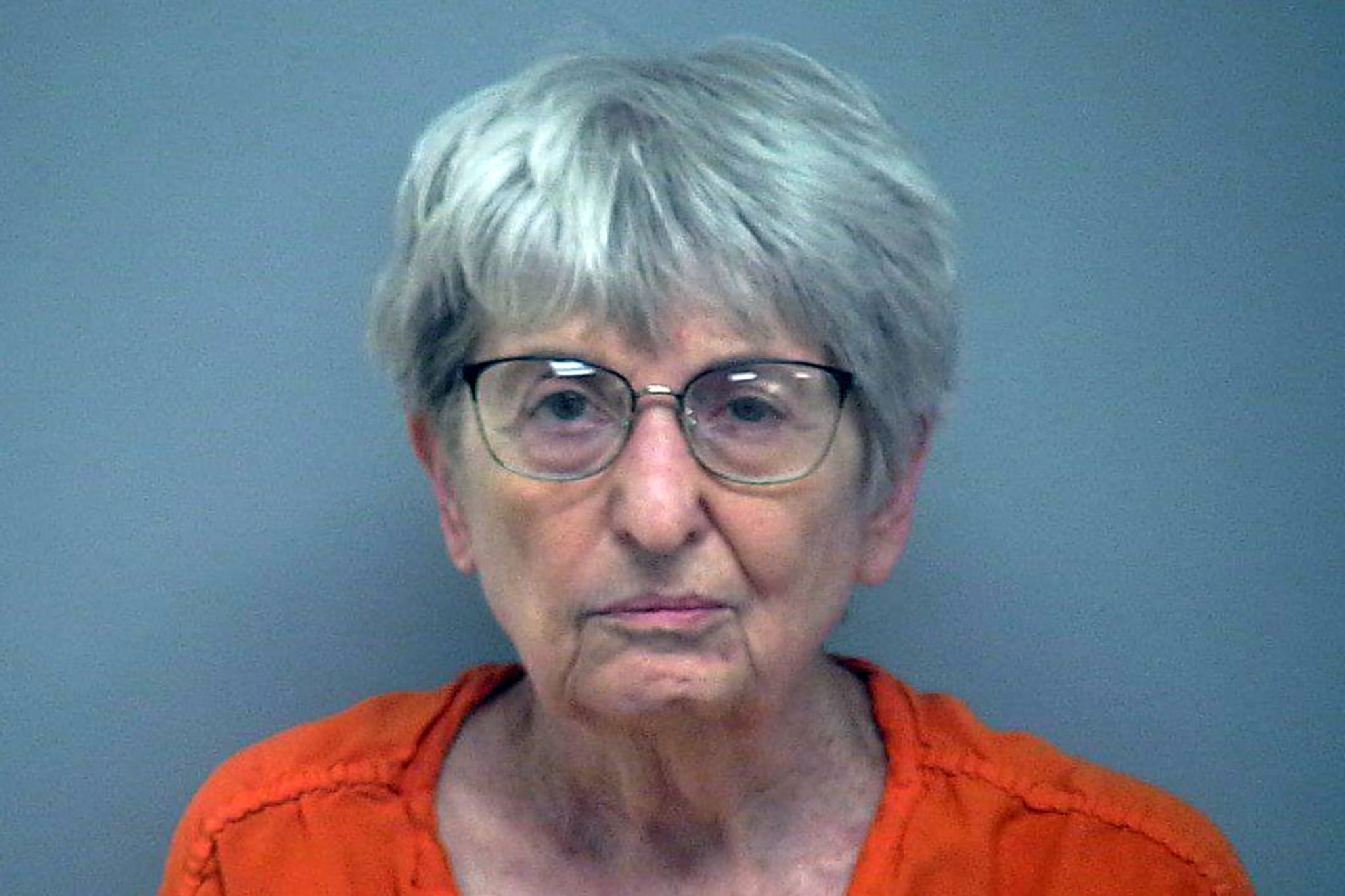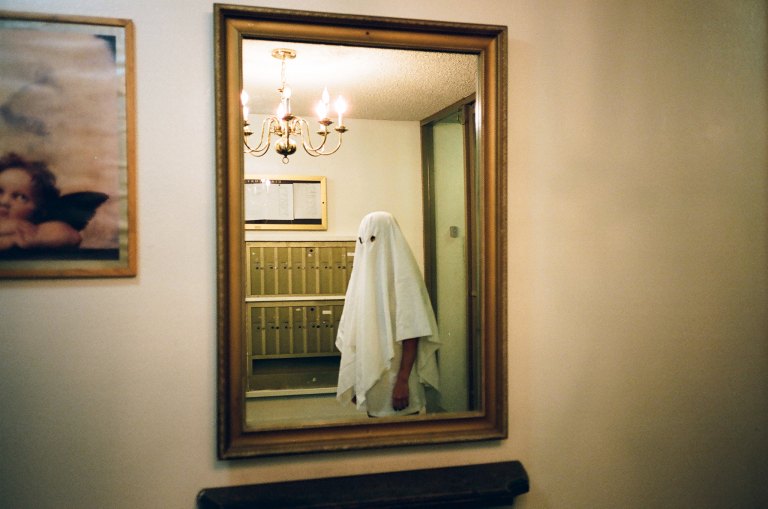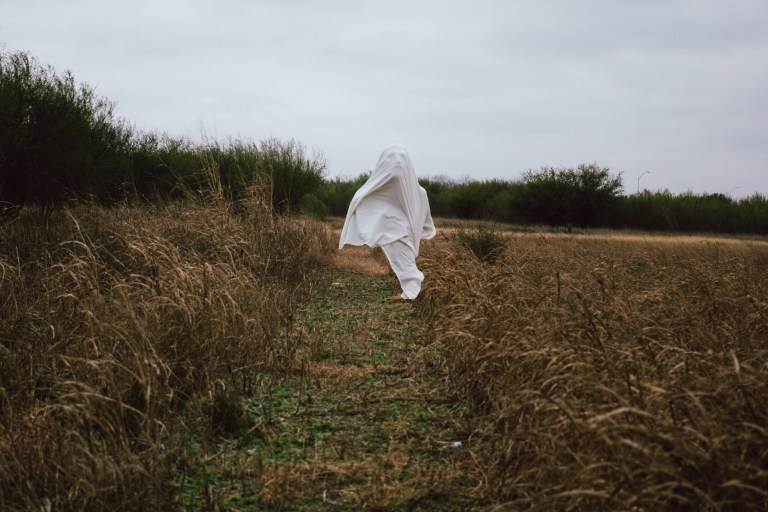
“Too Much For Me” 82 Year-Old Woman Accused Of Shooting Husband Dead At South Carolina Nursing Home
By Erin Whitten
September 12, 2025, was like any other day at the Preston Health Center on Hilton Head Island where nurses were making their rounds down the halls, and an elderly woman and her husband had just arrived to move into their new room. Harriet Kay Recker was 82 years old and Dennis, her husband of five decades, was 81. Neighbors described the couple as kind and wholesome, the sort of people who waved at you from their driveway, and kept an eye on their neighbors’ mail. “She was always loving,” a woman who described herself as Harriet’s friend said. “The nicest person in Sun City.”
Unfortunately, time had taken its toll. Dennis had been admitted to the health center the day before the shooting because he required more care than his wife could provide at home. The move was supposed to be temporary, but many elderly couples dread such transitions, because of the unspoken knowledge that another link in their life’s chain has been broken, that independence is fading, and that this new stage, whatever it holds, is also coming to an end.
Neighbors say that a woman who lived nearby drove Harriet over to the center to help Dennis move into his new room. Harriet, Dennis, and the neighbor entered the room together, and when they realized a third chair was needed, the neighbor briefly stepped out to get it. When she returned, another resident heard the single gunshot. The neighbor said that Harriet handed her the revolver before running back into the room, where she found Dennis slumped in his chair, his chest bleeding. Staff attempted to resuscitate him, but it was too late. “Before he passed away, he actually looked up and kind of had this puzzled look, and he said, ‘She shot me,’” a witness said.
As the details emerged, the community was reeling. Harriet’s family told deputies that she had never shown any interest in guns before, and no one could comprehend how the woman they knew, patient and sweet, could have shot her husband. Yet investigators later discovered that, in the weeks before the shooting, Harriet had confided in a neighbor and left notes for her family and friends. Inside her purse, deputies found a handwritten note. A second note was later found at her home, along with financial papers. She had also sent a note to her neighbor. The messages were not angry screeds or confessions. They were, instead, desperate pleas, a window into a woman whose life was being undone by old age, illness, and the painful process of watching her world fall away. “To you all,” one of the notes said, “this has just been too much for me. I so wish I could do it with the wonderful family we have, so many good friends. We can’t have a life without someone, and that someone can’t be me, as I am not strong enough or smart enough to do all this.”
The judge later found probable cause and sent the case to a grand jury. Harriet is in the Beaufort County Jail without bond. For those who knew her, this is not a story about premeditated murder. It is a story about heartbreak, about what happens when the cumulative weight of age and illness and isolation make life itself unbearable.
We know the larger story, of course. In communities across the country, families face the same questions in isolation – how to care for a loved one who is slipping away, how to afford to care for them, how to find meaning in the slow death of a life spent caring for themselves. Some call it “death without dignity,” others call it merciless. When no one is talking though, that line can blur in the most tragic and irreversible ways.
The Recker case is so painful in part because it holds back the tidy explanations about motive and criminality. It’s about a woman who loved her husband, who took care of him through their years together, and who, by the end, was so desperate that she no longer wanted to be. If it’s a crime of passion, it’s not the kind that we usually think of. It’s not about the breaking of hearts but about the fracturing of lives that happens so often in old age and which, often, leaves the elderly themselves as invisible casualties of our society’s failure to reckon with the toll that aging can take on the mind.











